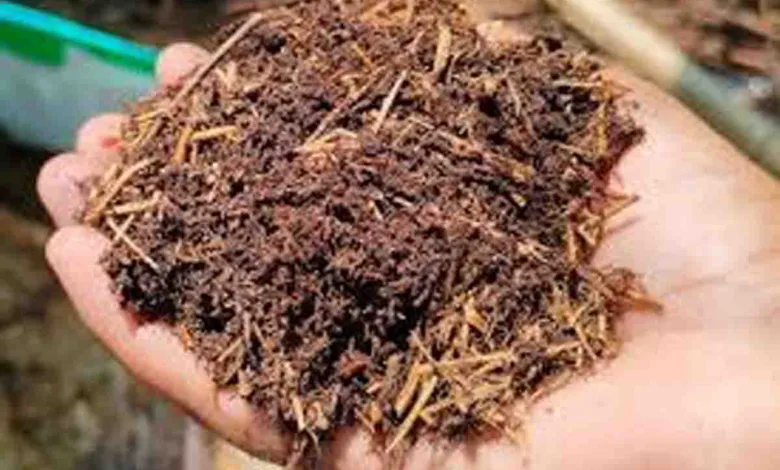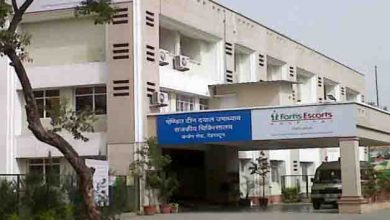MCH plans to minimise 70 per cent waste generation through bio composting

Thursday, 22 June 2023 | PNS | DEHRADUN
Plans to set up waste-to-energy plant: Saraswati
The Municipal Corporation of Haridwar (MCH) has identified 164 bulk waste generators (BWGs) to ensure these bodies dispose of their daily wet organic waste in their respective premises after the installation of bio-composting machines. The city presently generates about 200 metric tonnes of garbage on a daily basis which goes up to 500 metric tonnes too on special occasions but this plan is expected to reduce the garbage generation by nearly 70 per cent, said the Haridwar municipal commissioner Dayanand Saraswati. He told The Pioneer that all 164 BWGs identified by the corporation generate over 100 kilogrammes of waste daily most of which contain wet organic waste which becomes difficult to dispose of properly once it gets mixed with dry waste.
Considering this, the corporation decided to ensure these bodies dispose of wet waste on their respective premises. “These 164 BWGs include Dharmshalas, Ashrams, restaurants and hotels that mostly generate wet organic waste like leftover food and other organic waste. We have started talking to the management of these bodies regarding this issue. We have asked them to provide a space in their respective premises to install a bio-composting machine where they can easily convert their daily wet waste into compost. The response has been positive so far,” said the commissioner. He said that the corporation will install a bio-composting machine of 1,100 kilogrammes capacity in these premises that will convert the waste into compost in two to three weeks which can be used or sold by the management of the respective bodies. “There is a good market for compost in Haridwar and bodies are free to either use them on their own or sell them as per their will. We just want proper disposal of the wet waste generated by BWGs,” said Saraswati.
He said that a Materials Recovery Facility (MRF) has been started in the Sarai area of the city where dry waste is recycled and processed to produce organic manure. He said that the corporation has deployed a company to run MRF that will collect dry waste from these bodies once or twice a week as per the requirement because the quantity of dry waste generated daily is usually less in these commercial bodies. He said that the corporation wants to ensure through this plan that minimal waste ends up in landfills and waste management plants. He said that four composting machines have already arrived in the corporation for installation and the remaining will be installed on the premises of BWGs in the next few weeks.
Moreover, he also said that the corporation is also planning to set up a waste-to-energy plant of five megawatts in Sarai. “We also want to ensure garbage collected through door to door services must also be treated properly. We have started planning for it but it is still in its initial stage and will take some time for its execution at the ground level,” added Saraswati.






